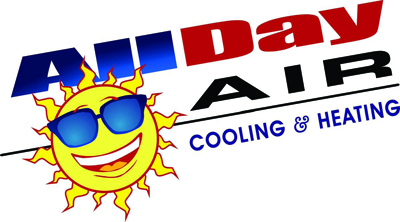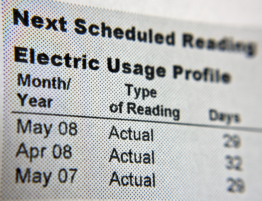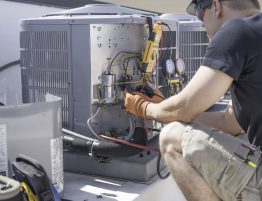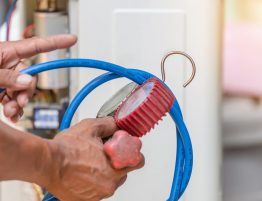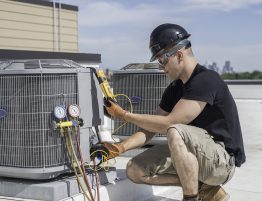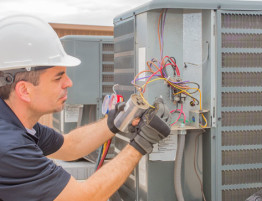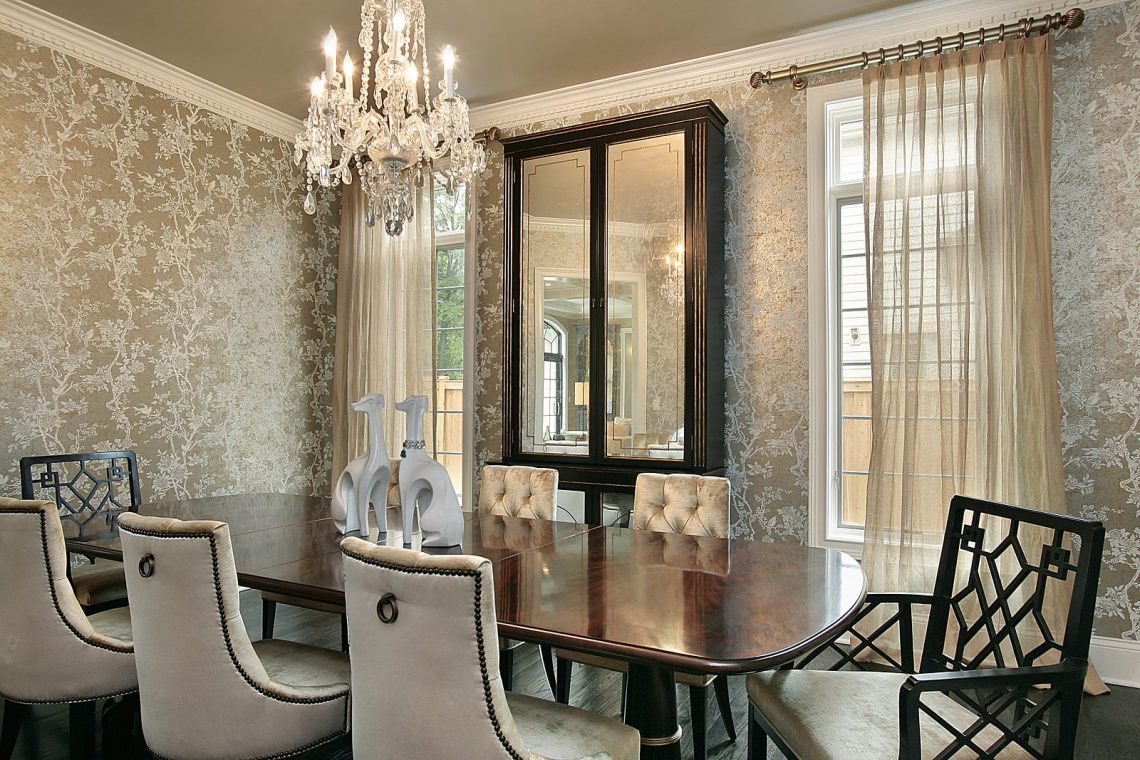
Ideally, your HVAC system should be able to cool every room in your home to a conforming comfortable selected temperature as set on your thermostat.
Having one room in your home that is consistently warmer or colder than other rooms it can be a sign of an aging or unbalanced HVAC system. HVAC system should be designed so every area receives enough airflow to regulate the temperature throughout the entire home. A system that is unbalanced will unevenly distribute air throughout the home.
Windows with air leaks or left open
HVAC systems are designed with the assumption that the air in the house is a relatively closed system. Aside from normal door use, the house should generally be sealed so that the system can properly deliver air to all parts of the house. It’s important to be sure all windows are closed and that they are appropriately sealed so that they do not leak. Leaking windows will let out thermally regulated air and let in outside air that is not regulated. In a Southwest Florida summer, the hot, humid outside air will very quickly contaminate the well-regulated air of the HVAC system if any windows are open or leaking.
Filters that need to be changed
Each air intake should have a filter that cleans up the air going into the HVAC system. Because these filters remove dust from the air, they collect that dust and need to be changed regularly. The more dust that accumulates on the filter, the less efficient it becomes filtering the air and may reduce airflow. Reduced airflow can temporarily unbalance the system. Checking to be sure all air filters are clean and regularly replaced will help keep the system working appropriately.
Blocked Registers
Registers are where the air from the HVAC system enters into the house. These should be spaced around the home to help balance the distribution. If one of these registers is blocked, that will unbalance the airflow. Many registers are equipped with louvers that can be opened and closed to help adjust the airflow through the vent. However, completely closing these louvers can disrupt the balance for the home. Additionally, if registers are installed in a wall or on a floor, it’s important not to put anything in front or on top of the vent that could block the airflow. If there is one room that is hotter or colder than the others, check to make sure that all the vents are clear and the air is flowing.
Ducts that have been damaged
The ducts that deliver air to the house often run through the attic or other out-of-the-way areas. Generally, these areas are not temperature-controlled, so if there is damage to a duct servicing a room, some of the regulated air going to that room might be escaping into the attic. It’s a good idea to check the ductwork to be sure that there is no damage and that no air is leaking. Any leaks will definitely cause an imbalance in temperature.
Aged Insulation
A previous article discussed problems with poor insulation, but it’s worth repeating that one of the causes of a consistently hotter or colder room might be insufficient insulation. If a room is not properly insulated, it will be more subject to the changes in external temperature, and any HVAC system has to work much harder to overcome this. Be sure to check the insulation.
A well-balanced and maintained HVAC system should maintain a consistent temperature throughout a home. If you have any concerns about your air system or want a consultation about your specific needs, call All Day Air Cooling & Heating at (239) 357-0727 to schedule an appointment. www.alldayaircooling.com.
